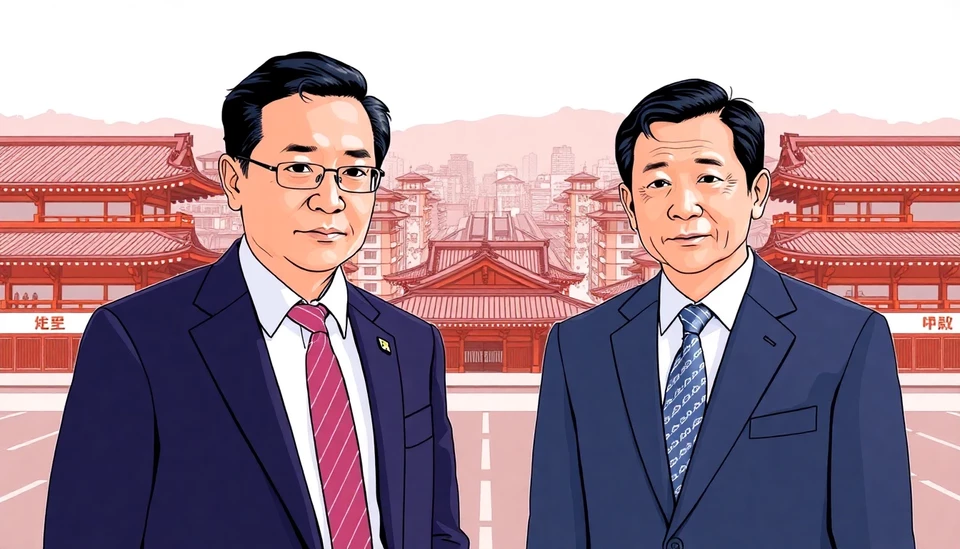
In a significant political maneuver, Japan’s ruling party is poised to propose emergency measures aimed at adjusting tariffs in response to the nation's mounting economic pressures. This initiative comes as the government seeks to fortify its stance amidst ongoing global market fluctuations and escalating costs of essential goods.
The proposal, driven by leaders within the Liberal Democratic Party (LDP), is expected to be outlined in a meeting slated for next week. The urgency of this proposal stems from mounting public concern regarding inflation rates, which have reached levels not seen in recent decades. With many households feeling the brunt of increased prices for commodities, the LDP aims to showcase its commitment to addressing these pressing economic concerns.
Sources within the party have disclosed that the emergency tariff adjustments will focus primarily on imported basic goods, including food and energy. By temporarily reducing tariffs, the government hopes to alleviate the financial burden on consumers and stabilize prices in the domestic market.
This proposed policy shift is in line with similar moves made by other countries grappling with inflationary pressures. Observers note that while controlling tariffs can provide short-term relief, it may also prompt concerns over long-term economic strategies and trade relations. Japan, known for its reliance on imports, particularly in the energy sector, faces a delicate balancing act in managing both domestic needs and international commitments.
Key political analysts suggest that these proposed tariff changes could be pivotal for the LDP as it prepares for upcoming elections. With the approval ratings of Prime Minister Fumio Kishida remaining under scrutiny, successful implementation of these measures may be critical in regaining public trust and support.
The timing of this announcement is particularly crucial, as Japan's leadership has faced criticism for previous inaction regarding economic policies during a time of significant global disruption. As commodity prices soar and supply chains are tested, the government's agility in responding with assertive measures is being closely watched by both the public and industry stakeholders.
In light of these developments, industry leaders are expressing cautious optimism. While they support initiatives to reduce costs for consumers, they also advocate for a long-term strategic review of Japan’s economic policies to enhance resilience against future shocks. The ultimate effectiveness of this emergency tariff proposal will likely hinge on the government’s ability to communicate its benefits while ensuring sustainable economic growth.
With the stage set for this pivotal meeting, all eyes will be on the ruling party’s presentation and the subsequent reactions from both the electorate and economists alike. The outcome will undoubtedly influence Japan’s economic landscape in the near future.
As Japan navigates these tumultuous economic waters, the proposed tariff adjustments mark a bold step aimed at soothing the woes of consumers and revitalizing the economy ahead of critical electoral milestones.
<>#> #JapanEconomy #TariffProposal #LDP #InflationReduction #FumioKishida #EconomicPolicy #CommodityPrices #<
Author: Laura Mitchell




